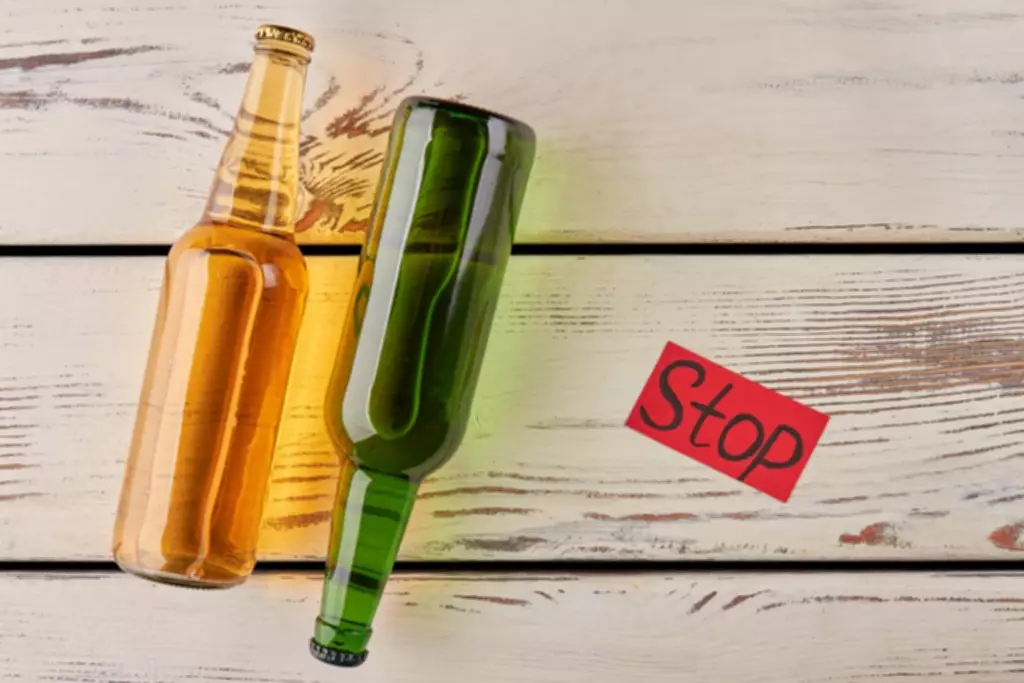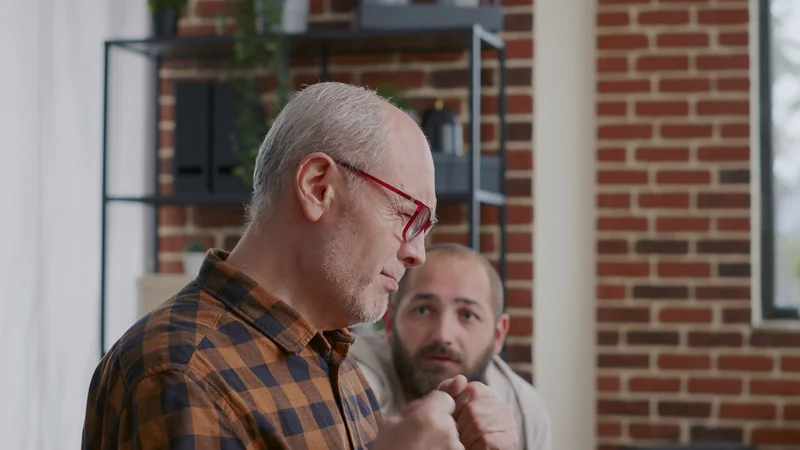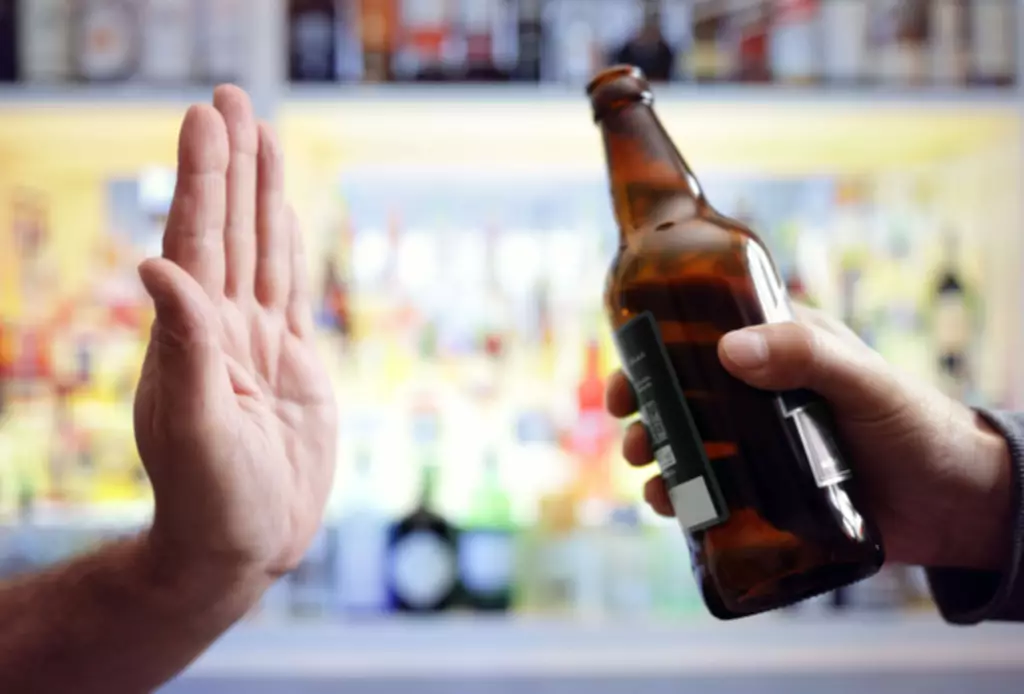Signs You’re Dating a Person With Alcohol Use Disorder

The impact of alcohol and relationships goes far beyond romantic partnerships. Communication breakdowns can strain connections with parents, children, siblings, and even close friends. Here are just 6 ways drugs and alcohol affect relationships and the signs to look out for if you or a loved one is struggling with substance abuse. Alcohol misuse significantly impacts family dynamics, often leading to neglect of responsibilities and a deterioration alcohol and relationships in the well-being of family members.

Family
And while it’s not true that an alcoholic cannot love someone, it’s important to understand the impact this addiction can have on relationships. Alcohol can have significant negative effects on relationships, including communication breakdowns, conflicts, trust issues, and emotional disconnection. When paired with problems that can also arise from excessive alcohol use, drinking can sometimes negatively affect our relationships with the people closest to us.
- Being in a relationship with an alcoholic can lead to social isolation, as individuals may prioritize drinking over engaging in healthy social activities and relationships, creating a sense of isolation and disconnection from the broader support network.
- Future research should explore these relationships in other populations, different settings, and other types of dyadic relationships.
- The consumption of alcohol can significantly disrupt family life, leading to a host of challenges that affect not only the individual with alcohol use disorder (AUD) but also their loved ones.
- Substance abuse and substance use disorders harm more than just the person who is struggling with them.
The Experience Blog

While every person’s response to alcohol is different, your reaction may make your partner uncomfortable. You might act inappropriately in public or appear irritable due to alcohol withdrawal. Drinking problems can adversely change marital and family functioning, but they may also increase due to family problems. Addiction can cause you to value spending money on alcohol instead of prioritizing financial health for yourself and your family. Utilizing these strategies and seeking proper addiction treatment can improve the lives of all involved and lead to a stronger, healthier relationship in the future. Unfortunately, studies consistently demonstrate that, regardless of the sex of the partner with AUD, if at least one person in the relationship has an AUD, the risk of DV is high.
What is the treatment for substance abuse?
It may be possible to foster understanding and establish the framework for healing by enabling both partners to feel comfortable expressing their difficulties, emotions, and needs in a setting that is safe and free from judgment. This can be a result of the fact that drinking an excessive amount of alcohol can put a strain on a couple’s finances. This is due to the fact that the cost of alcohol as well as possible repercussions, such as legal troubles or healthcare bills, can have an effect on the couple’s capacity to maintain their financial stability.
In addition to the relatively low response rate, there may have been a potential bias during sample recruitment (possibly related to the low response rate). Furthermore, the cross-sectional nature of the current research prohibits conclusions about causal ordering. It is possible that relationships suffering from reduced levels of satisfaction and commitment (for https://ecosoberhouse.com/ reasons unrelated to drinking) may cause increased drinking and modified perceptions of partner drinking and/or problematic alcohol use. Finally, the relatively low severity of alcohol-related problems in the sample is a limitation; future research should evaluate the effects of discrepancy in different levels of severity.
- Studies show that females who are in relationships with males struggling with AUD experience higher rates of depression, anxiety, physical health problems, and occupational and social disruptions.
- When an individual develops unhealthy drinking habits, their partner may feel their relationship becoming chaotic and even unsafe.
- Financial problems are also common in relationships where alcoholism is present.
- This issue is addressed by modeling alcohol-facilitated IPA via APIM (Kenny et al., 2006).
- Recognizing the problem is a crucial step towards stopping further damage and rebuilding strained relationships.
- Relationship problems are a common byproduct of alcohol addiction, though there are several ways to combat it.
- Functional alcoholics may not even realize they’re actively concealing symptoms of their disorder.
- Alcohol problems were not related to readiness-to-change relationship issues.
- Overall, relatively few studies have utilized a dyadic approach to understanding alcohol-facilitated IPA.
- Trust in particular serves as a vital foundation for healthy relationships, allowing for vulnerability and emotional intimacy while facilitating a sense of security.
Alcohol abuse can worsen existing issues and create new ones, leading to frustrations, conflicts, and strained trust over time. Understanding the impact of alcoholism on families is crucial for fostering healthier relationships and home environments. Families can take proactive steps by seeking professional help and creating supportive networks.

How to Tell When Alcohol Is Affecting Your Relationships
It is plausible that at higher levels of severity, the discrepancy between own and partner perceptions may be drug addiction reduced (e.g., as consequences such as DUIs become more apparent). The link between alcohol abuse and poorer relationship outcomes is well established (e.g., Dawson et al., 2007; Leonard & Eiden, 2007; Leonard & Rothbard, 1999; Marshal, 2003). However, it is currently unclear whether the effects of alcohol misuse on relationship functioning are the same for men and women.

You might spend extra money on booze, rather than shared activities with your partner or family. To the loved ones of someone with a drinking problem, it might always look like the alcohol comes first. The truth is that alcohol abuse can take a serious toll on even the strongest of relationships, to the point where they can fail. In fact, one Swedish study of over 670,000 people found that alcohol use disorder was linked to a higher likelihood of divorce. Below, learn about the effects of alcohol on relationships, along with six signs that drinking might be impacting yours.

